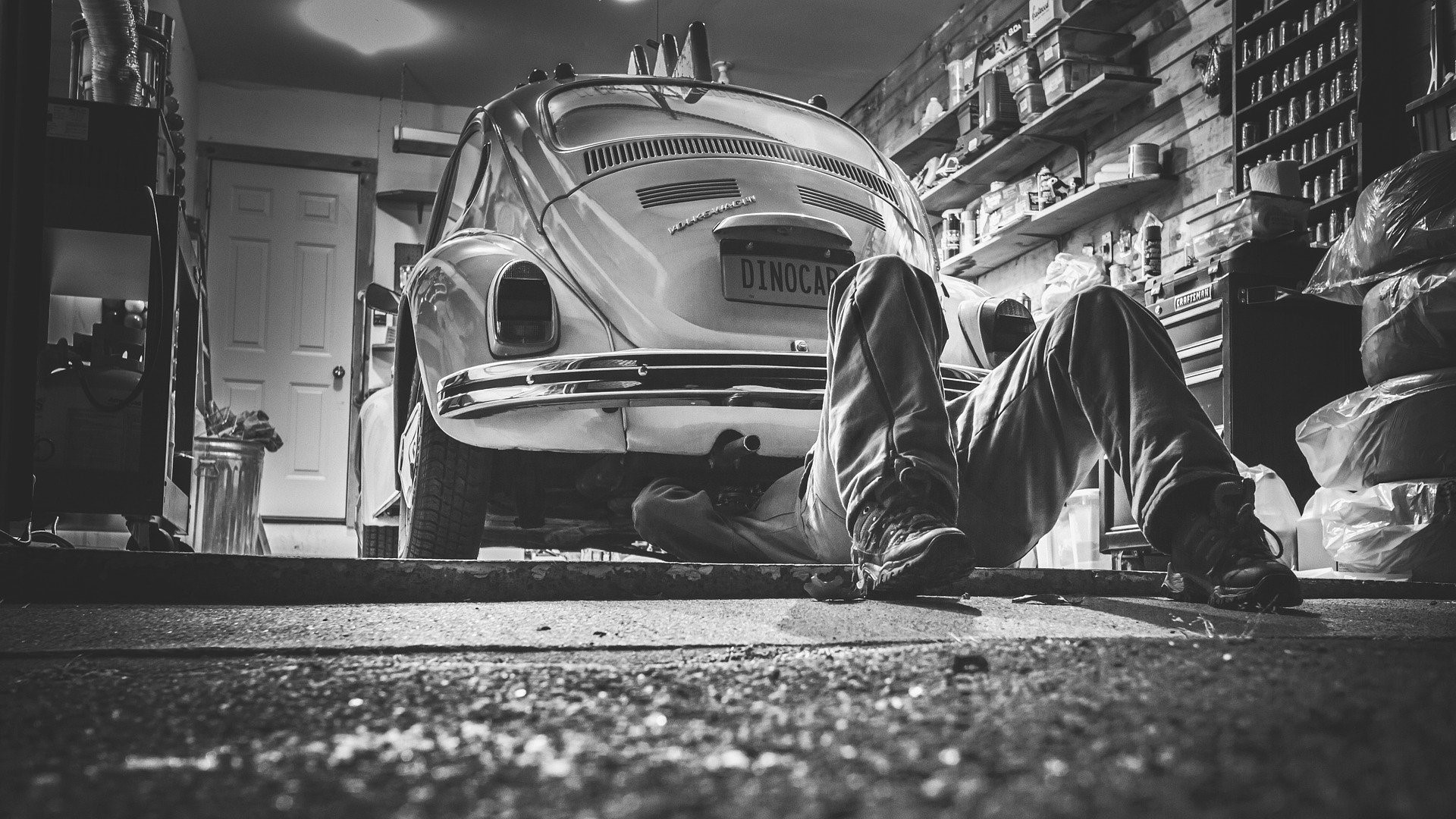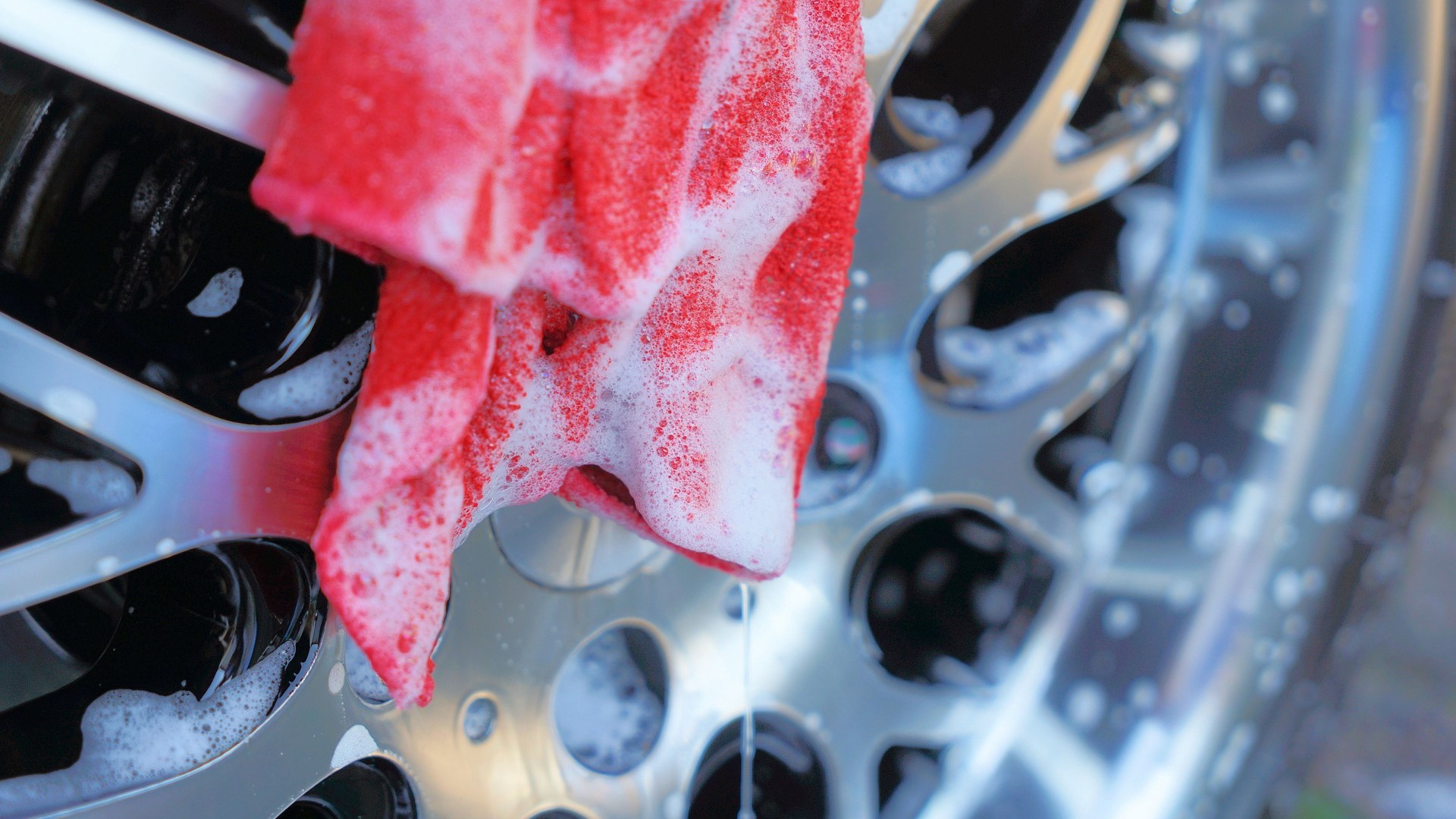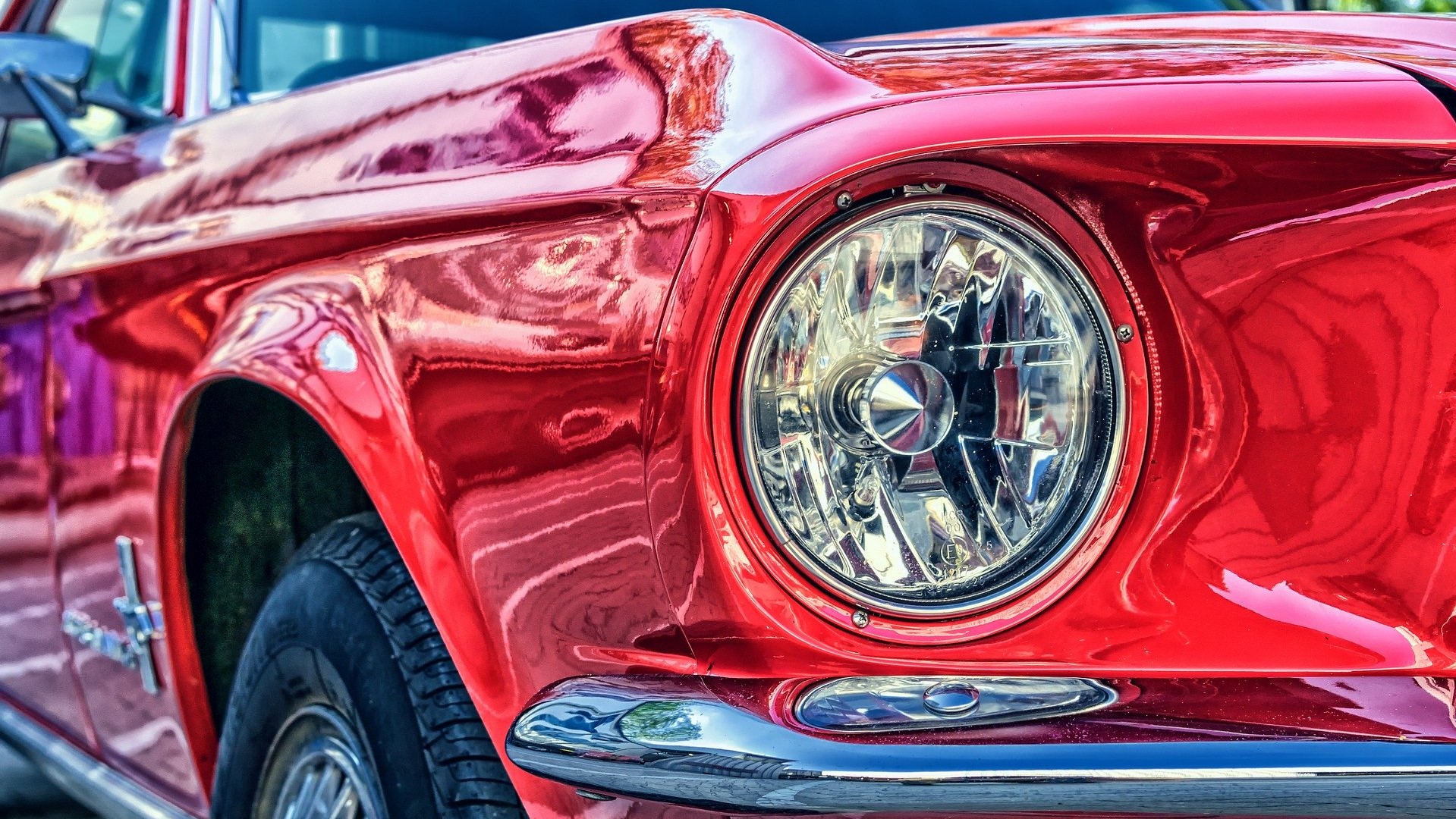Reasons to travel may have been few and far between of late, but as the coronavirus lockdown gradually eases across the U.S., your car might benefit from some love and attention before taking to the road once again.
If your vehicle has recently spent more time in the driveway than on the highway, carrying out some basic tests will help ensure your car is in the best condition possible to resume duties, and could save you the inconvenience of calling on the services of the best roadside assistance services on its return to action.
With more and more people returning to the roads now, knowing how to get your car started again, and how to care for it when you're using it less, is essential. We've got a list of tips below.
Tires
The main problem with tires is that they lose air over time and, if your vehicle doesn’t move, flat-spotting could become an issue. Essentially, flat-spotting occurs when the weight of a vehicle which stays in one place flattens out a portion of the rubber on the tire.
“While flat-spotting isn't likely to happen in two weeks, if conditions are right, a month of being stationary might be enough to cause problems,” says Will Kaufman, news editor at edmunds.com. “Low tire pressure and very cold weather can both contribute to the development of flat spots.”
The obvious way to prevent flat-spots is to move your car - even if it's just slightly - every couple of weeks. And now that you're ready to resume travelling once again, checking your tire pressure and inflating them to the recommended pressure is the other step to take - stickers showing the pressure to which tires should be inflated are usually found in the doorsill of the driver's door or in the car's manual. If you need new rubber for your car following lockdown, we've got a guide to the best tire brands for you.
Battery
A car battery can discharge over time if a vehicle isn’t used, potentially leaving you in need of a jump-start when you return and first turn the key. One possible way to prevent a battery draining is to disconnect it if you think your car will be sitting unused for a period of time, while short but regular excursions should ensure that a battery remains charged. If it’s too late for that, and there are few signs of life in your battery, investing in the best car battery charger is likely to be your next-best option.

Check fluid levels
Another potential cause of major problems during a period of long-term hibernation are the fluids that normally keep your car running smoothly. “Fuel can separate, and water vapor can accumulate in your gas tank,” warns Will Kaufman. “Gaskets and hoses that aren't kept lubricated can dry out and become brittle.”
Monitoring oil levels in the engine and topping them up to manufacturer recommended levels is a must at any time, but may be overlooked if you are not using your vehicle. If a vehicle has been left redundant for longer than 30 days, it might also be worth considering getting the oil changed.
Topping off your tank with gas is also a good idea if you think your car will be in storage for a month or more. This will prevent moisture from accumulating inside the fuel tank and keep the seals from drying out.
Paint
If your vehicle is parked outside, exposure to dust, bird droppings, and other contaminants such as tree sap could easily damage your vehicle’s paintwork if left untended. Keeping your car under cover helps prevent this if you have the option, as would a weather-proof car cover. However, investing in one of the best pressure washers and rolling up your sleeves to wash your car would likely be the best option, and will help show your car how much you truly care for it at the same time.

Pests
Leaving your vehicle unattended for a prolonged period of time also raises the spectre of certain pests taking up residence in your car. Regularly popping the hood to check on the state of any wires or belts that could have been chewed is a must, and especially when you're about to take to the wheel for the first time in a while.
“Also keep an eye out for furry stowaways in your engine compartment and around the top of your tires in your wheelwells,” adds Will Kaufman. If you do spy any unwelcome visitors of the more unsavory kind, a call to the best pest control company in your area might also be advised.
The best solution - drive your car
Even though you may not have need to make a journey in recent months, the simplest way to avoid most of the problems that could beset an underused car is to drive it. While you may be happy to take a break from the wheel, cars generally don’t react well to being left parked for long periods of time.
“We recommend driving your car for at least 20 minutes once every two weeks,” says Will Kaufman. “That's enough time to warm up your tires and protect from flat spots, return some charge to your battery, wear surface rust off your brake disks, and keep the fluids in your car moving and everything properly lubricated.”
Other precautions and options
If you haven't been regularly taking your vehicle for a quick spin, it might be an idea to have the contact details of your roadside assistance service at hand just in case of emergency or consider taking out a plan if you don’t have one. Most motorists will have been saving money on gas as their vehicles lay idle, while auto insurance providers have refunded more than $6.5 billion in light of the lockdown and decreased traffic on the roads, so redirecting some of these savings to a roadside assistance plan might be sensible.

Those in a position to do so might consider taking advantage of the cheaper auto loans that are available right now to buy a newer - and therefore hopefully more reliable - car. With people staying home, auto sales have suffered and tipped dealers’ hands when it comes to competing for the buyers that remain - the best auto loans have gotten even better as a result.
However, even as the U.S. economy gradually re-opens, there are no guarantees that people will rush out to buy a new car. Indeed, changes in the way COVID-19 has affected everyday life - and seems likely to do going forward - could lead to a growing reluctance among Americans to trade in their cars for a new one.
As Bill Hanvey, president and CEO of the Auto Care Association, points out: “DIY and e-commerce are growing during the pandemic, and early indicators show that that the average age of vehicles on the road will continue to rise as consumers hold on to their aging vehicles during economic uncertainty."
If you’re thinking of holding on to a car longer than you normally might, taking care of your vehicle is a must, as is protecting yourself against the possibility that it will break down as it ages. If the manufacturer’s warranty on your car is about to come to an end, investing in one of the best extended car warranties could end up saving you money on repairs and servicing in the long term.


